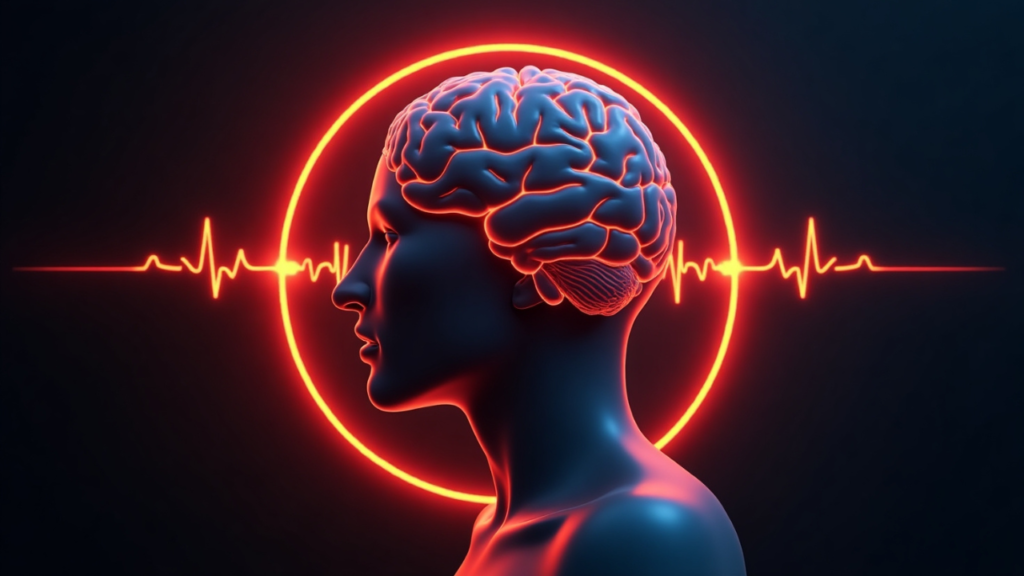Headaches are a widespread discomfort that most people encounter at some stage.
Whether it’s a dull ache or a throbbing pain, finding the best medicine for headache relief is essential to get back to your routine.
With so many options available—from over-the-counter medications to natural remedies—it can be overwhelming to choose the right one.
This guide explores the most effective treatments, their benefits, and when to seek medical attention.
Table of Contents
ToggleUnderstanding Different Types of Headaches

Before choosing the right treatment, it’s important to know what type of headache you’re dealing with.
Tension Headaches – The most common type, often triggered by stress, anxiety, poor posture, or lack of sleep.
Migraines – Intense, throbbing pain, usually with nausea, sensitivity to light, or visual disturbances.
Cluster Headaches – Sharp, severe pain around one eye, often occurring in cycles.
Sinus Headaches – Caused by sinus inflammation, with pressure in the cheeks, forehead, or nose area.
Identifying your headache type helps in selecting the right remedy.
Over-the-Counter (OTC) Medications: The Best Medicine for Headache Relief
For fast and effective relief, many people rely on OTC medications:
1. Acetaminophen (Tylenol)
Ideal for mild to moderate headaches.
Gentle on the stomach, but overuse can harm the liver.
2. Ibuprofen (Advil, Motrin)
Reduces inflammation and works well for tension headaches and migraines.
Take with food to avoid stomach irritation.
3. Aspirin
Aspirin is effective for tension-type headaches and mild migraines.
Also offers anti-inflammatory benefits.
4. Naproxen Sodium (Aleve)
Provides long-lasting relief—up to 12 hours.
Good for more persistent pain.
5. Combination Medications (Excedrin)
Contains acetaminophen, aspirin, and caffeine.
Highly effective for migraine relief.
Note: Avoid frequent use of these medications, as it can lead to rebound headaches.
Prescription Medications for Severe Headaches

If your headaches are chronic or debilitating, your doctor may suggest prescription treatments:
Triptans (e.g., Sumatriptan, Rizatriptan) – Help narrow blood vessels and block pain signals.
Ergotamines (e.g., Migranal, Ergomar) – Useful for migraines and cluster headaches.
Preventive Medications – Includes beta-blockers, antidepressants, and anti-seizure drugs.
Always consult a healthcare provider before using prescription medications
Natural Remedies: Alternative Best Medicine for Headache

If you prefer non-drug options, natural remedies can offer relief too:
1. Hydration
Dehydration is a common trigger. Drink plenty of water throughout the day.
2. Essential Oils (Peppermint, Lavender)
Peppermint oil applied to temples can ease tension.
Lavender oil inhalation may reduce migraine severity.
3. Cold or Warm Compress
Use a cold pack for migraines to numb the pain.
A warm towel helps relax tense muscles in tension headaches.
4. Ginger Tea
Ginger reduces inflammation and can ease headache pain naturally.
5. Magnesium-Rich Foods
Low magnesium is linked to migraines.
Foods like almonds, spinach, and bananas are helpful.
6. Caffeine (in moderation)
A small amount of caffeine can boost pain relief, but overuse may cause rebound headaches.
Lifestyle Changes to Prevent Headaches

Prevention is key when it comes to headache management. Simple habits can make a big difference:
Sleep Well – Poor sleep is a common trigger. Stick to a consistent sleep schedule.
Manage Stress – Try yoga, meditation, or deep breathing exercises.
Maintain Good Posture – Avoid neck and shoulder strain.
Exercise Regularly – Boosts circulation and reduces stress.
Eat Balanced Meals – Skipping meals can cause headaches due to low blood sugar.
When to See a Doctor

Most headaches are harmless, but some may indicate serious conditions. Seek medical help if you experience:
A sudden, intense headache
Headache following a head injury
Worsening or chronic headaches
Headaches with fever, confusion, or vision problems
Conclusion: Choosing the Best Medicine for Headache Relief

The best treatment depends on the type and severity of your headache.
OTC medications like ibuprofen or acetaminophen work well for mild cases.
Severe or chronic headaches may need prescription options.
Natural remedies, hydration, and lifestyle changes also play a big role in prevention and long-term relief.
If your headaches persist or worsen, consult a healthcare provider to rule out any underlying conditions.
Understanding your triggers and using the right strategies can help you manage headaches effectively—and improve your quality of life.

